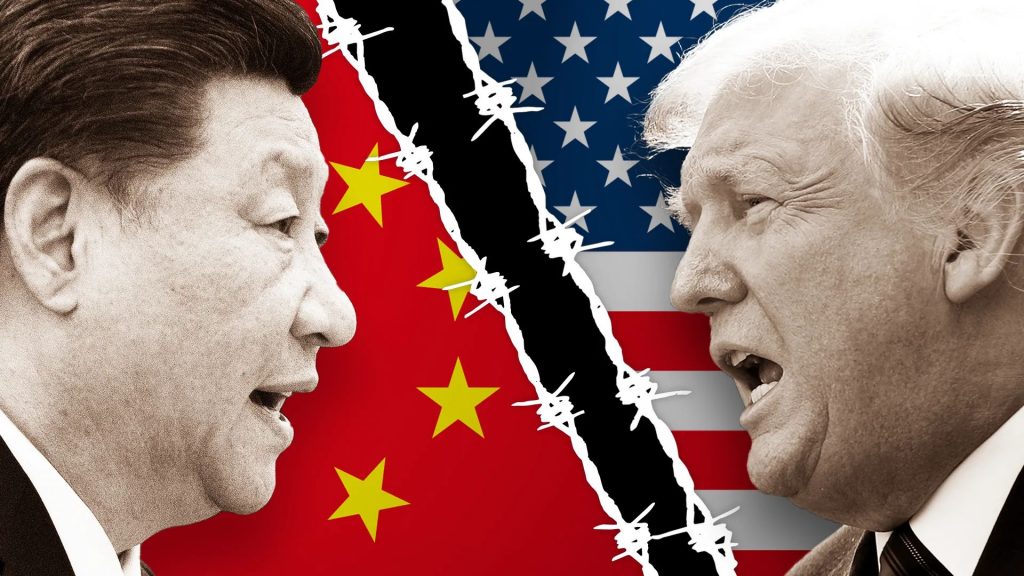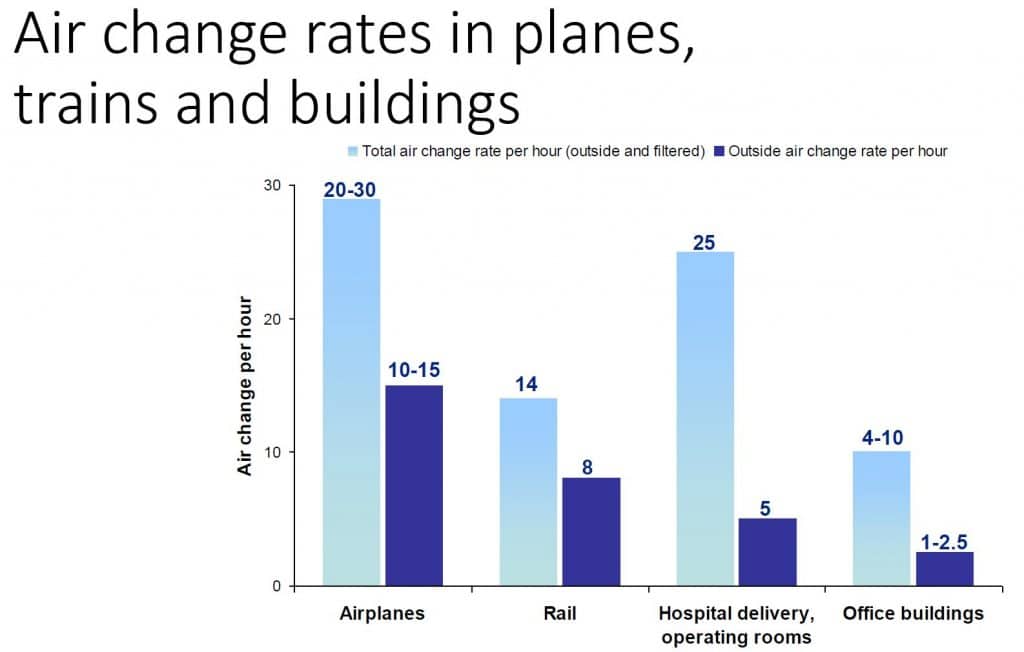Some weeks ago, I expressed in a short article my concerns about losses in communication due to the negative impacts of the pandemic striking us for nearly 12 months now, and forcing us to wear masks and to use audio or videoconference far more than before.
The necessary use of remote conferencing systems comes mainly from various governmental traveling restrictions spreading all over the World, and especially from and to Europe.
While care should be taken about our still partial knowledge of this disease, we now have a better experience on contamination risks in public transportation, whether it is ground or air borne.
Thus, it appears now that preventing anyone to travel, within a country, Europe or abroad, whatever the reason is (professional or leisure) seems rather the result of a lack of concertation between countries, and, let us say it, a kind of intellectual laziness. It is also the consequence of erratic and often biased or dishonest motives, which many governments are or were not prepared to face:
- Generally speaking, it is always difficult to delegate your own safety to a third part, not mentioning foreign bodies. This starts at individual level, with reluctance to rely on Police to ensure your private safety, much debated these days in France, and ends at collective level. See for instance the present difficulties within NATO, and its partnership seriously challenged by some domestic agendas, to say the less. This requires also a constant and fair dialogue, which was obviously not the case at the outburst of the pandemic, Chinese government systematically hiding or minimizing the facts, which durably damaged their credibility.
- Governments are probably embarrassed to have to justify why their only reflex was to close borders (while actually, it was too late, already), without even trying to find also alternate solutions on medium-term, discussing from the beginning at a supra-national level.
- Cooperating on a multilateral basis is the hard way and requires time and goodwill. From a political standpoint, on the opposite, it has always been convenient to point-out foreign countries, people or organizations as responsible for crises and evil. See as an example the haste of Trump administration to name the Covid19 “Chinese virus”, while the true origin is still unclear.
My point is not to minimize the above, but just to consider these as factors to address, instead of stopping thinking for this reason.
Thus, if we reverse the proposal, and assume that, we actually want to make traveling abroad possible, there may be some tracks, that obviously have to be agreed internationally, and first, among objective epidemiologists, who own the legitimacy I do not have.
Let us evacuate quickly points 2 and 3. For point 2, and being as sarcastic as a French can be, I would say that one more volte-face or one less… does not make much difference! At least this one would be documented, motivated by true care about people and economy, without sacrificing responsibility towards public health.

For point 3, I am afraid I have no other solution than looking back at History: every time foreign people have been pointed-out as the sole responsible of the crises faced by a country, it was to serve the greed of a few, and led to deaths by thousands, if not millions, among people. I will just mention that it is the DNA of AppTek to draw the best from different cultures, and I have never found any culture on the planet from which I was not able to learn, and with whom it was impossible to dialogue.
To address point 1 at my humble level and just from a logical standpoint, the objective is limiting at a global scale:
- the risks of crossed contamination during the flight
- the chances that a contaminated person can board a flight
Already in rail transport, provided all people are wearing masks, and if the traveling time is limited, contamination seems unlikely. The number of people still commuting in Paris area during the present lockdown period, while the virus spreading factor decreases, tends to prove it.
The same conclusions arise for short- and medium-haul flights, with the additional benefit of an advanced air circulation system and HEPA filters, available in all modern aircrafts. Let us recall that air is renewed every 4 to 6 minutes in an aircraft, which is by far more than in any other closed place. (see chart below, valid for a B787)

A recent study from NPLI-Harvard demonstrates that the above, combined with thorough, but far from unfeasible prevention methods (masks, hands washing, respecting distances whenever possible…) ensures already a considerable safety even for long-haul flights.
For the second point, the reliability of test is key. In particular, what should be avoided are false negative results. To achieve that, and taking into account the known ratio of false negative RT-PCR tests (between 5 and 25%, depending on the time of test), it is quite possible to reduce this risk to almost zero. Proceeding with 2 tests, distant by 4 to 5 days, last one being performed 1 day before actual departure should give us the desired probability.
Between the tests, we can also imagine the future traveler admits to self-isolate. They can be authorized to travel at the condition to provide these 2 negative tests and the self-statement of staying home for the week before.
This does not look more complex to put in place than a visa procedure, already necessary to travel to many countries. Last but not least step, should be to have the above procedure formalized and approved internationally, for example by the WHO, and included in check-in formalities.
Our European countries economies have always been heavily dependent on foreign trade, either the intra-union one, or the one with distant countries. Thus, it should be a top priority of the EU commission to restore almost normal air and long-range rail traffic. This is necessary not only for the benefits of the airlines, aeronautics or tourism industries, but to make sure not to be definitely surpassed by China, India or US, where domestic market size helps much to pass through this crisis.
It is my deepest wish that we shortly exit this panic mode, start a serious concertation within EU, not forgetting UK, and make a reciprocity proposal to all our economic partners around the world. AppTek does it daily at our modest scale. Far more powerful and responsible people and organizations should be able to achieve it… provided they actually take this responsibility.